Earlier this month, a poem went viral. At least it did on my Instagram feed. Maybe you saw it too? I loved it for its simplicity and also for its depth in reminding us that we can always make time for our younger selves.
In fact, for one of my 28 Days of Self-Love prompts, i did a version of it instead of writing from my future self as per the suggestion. I love writing, and especially poetry. Poetry is what literally got me through my darkest days in my youth, and it is still something that i turn to again and again, for solace and support.
The Brunch Date
I had coffee with my younger Self today
We were both early and sat with our backs to the wall
She had a cappuccino with soy milk
I had an americano.
 We talked about her biggest dreams
We talked about her biggest dreams
I let her know they had come to life
She was amazed to learn that this could be true
And i told her to be patient
To stay on the path of her own life
To choose herself again and again
She had a short pixie cut and wore low cut jeans
And was a bit surprised by my long wavy hair
My red lipstick and flowy dress
She asked if i still listen to Mazzy Star and Depeche Mode
I reassured her that they will always be my first love
I have found my voice and kinship in women’s circles
I let her know that dancing is still my best medicine
And i have found my way back to the Goddess
I thank her for buying my first oracle deck
I give her the news that I’m partnered in a wonderful marriage and
Have two kids of my own
She asks me what my secret is that i found this life
I tell her i did the work to break the cycle
I stared my shadow parts in the face
And i embraced them
I saw her for who she is
In her fullness
Knowing that is all she ever wanted
I walk her to her bike as she makes her way to work at the shelter
We hug and i sneak a glass bottle of rose oil
In her basket to remind her that she is magic
~ vania sukola
Speaking of spending time with your former self, I saw My Old Ass recently. It was such a lovely movie with some sweet surprise twists. I won’t ruin it for you but let’s just say that i love how it addressed anticipatory grief, how to be present with your life right now, and not take it for granted. And remember, my word of the Year is Presence and i definitely noticed this message. One of the lessons in the movie was to carve out intentional time together, to not take this precious time for granted. This also allows for space to have the real talks.
I’m taking this lesson to heart now that my kids are teenagers. They are the age i was when i really started to want to have my own voice and autonomy, and also to be seen for who i was. And yet, i also still needed guidance and information. This is what Gabor Mate talks about – we all need Authenticity and Attachment. I am noticing now that my teenagers are making new friends and decisions, it’s time for me to upgrade my skills and understanding as a teenage mom. Some of the things i never got to experience are getting in the way.
Take the topic of dating for instance. My daughter has told me that she wants to go on dates with her crush. This is something i so desperately and needed to talk about my own mother and yet i couldn’t.
I am still finding this new terrain challenging. It sure looked familiar on the onset, especially as i used to be a youth shelter worker. I think i forgot along the way just how old i am. I took the compliments from my kids’ friends in stride: Did you know that my house is ‘house goals’ and also that i’m a ‘vibe?’ I also like to think of myself as a mom others will want to come to for the big step, to be their village auntie.
And yet, now i’m sitting with some big parent decisions – how to navigate dating, gender identity, next steps in life and catching my kids in their lies and goodness. A part of me sure misses the ease of two-year old tantrums over snowpants or steamed broccoli. I really identified with being a School-Age Mom.
All of this has brought me back to my own childhood and the mother i wanted to be. That meant seeing the one i had and also grieving the one i needed, not the one i had.
Last year, Glennon Doyle posted about her work with her own inner child. She wrote about her little kid self using four categories: her likes and dislikes, what her main needs were and what i would tell her now. I thought I might do the same here today, to introduce you to this powerful exercise, as a way to acknowledge your own Inner Child Part, and perhaps receive a healing reparative experience as well.
Meet Lil V
Her Likes: Strawberry Shortcake dolls, unicorns and mermaids, ballet classes and pointe shoes, Goonies, reading , swimming in the ocean, Punky Brewster, New Edition, hiding in the lilac bush, parties in the Florida room, writing in her journal, playing in the nearby creek with friends, making friendship bracelets
Her dislikes: yelling voices, angry eyes, bracing for bad moods, being told that her anger is not allowed, not having a say in what she wore, eating meat
Her Main Needs: time alone, openness (in schedules, spaces, hearts, minds), soft fabrics, cuddles, ambient lighting, artistic ways to express herself and her truth, to be seen, heard, met, understood, and empowered, to have her feelings matter, to dance and listen to music she loves
What I Tell her Now: You matter. I’m so glad you’re alive. I see you for your fullness. I hear you and your brilliant soul. I love all of you. I’ve got you. I’ve got it from here. Whenever you need this reassurance, let’s have a date with cocoa and collage. We can cut our favourite pictures while we chat and catch up.
I have some to some realizations lately, as i heal my Parentified Child Part. I became a therapist because i was my mom’s when i was a child and throughout my teen years, albeit a shitty and unqualified one. For years, i thought that my core wound from childhood manifested into being a People Pleaser. I think that was a Part’s way to handle things but my wound was in fact worthiness – i made myself small and struggled with speaking in groups because i learned i didn’t have anything worth while to contribute, that my own feelings and thoughts didn’t matter.
That has been my healing over these past few years.
Inner child work can be the balm my tender heart needs in order to show up in the present (wow, i didn’t even do that on purpose) and also hold space for all of my own Parts. For me, that can be having a hot cacao and calling in the energy of Lil V, writing a poem or reading a favourite one, or it can be listening to Mazzy Star or re-reading a favourite book from my teen years. It is also speaking to my younger Parts with love and reverence, and letting them know i see them, they matter, and i have a plan. Maybe you feel called to do some writing as well. If so, this old journal article that i wrote many moons ago, may be a great guide – it offers steps to be with your Inner Child and write a letter to them.
It also means reading about adolescence and updating my skills and knowledge. This is a corrective experience for me as my own parents didn’t do this work, partly because the abundance of books didn’t exist back then. Luckily for us, they do now. There are so many books, podcasts, and resources that can be a guide for us as parents. Some of the books that i have found to be mentoring along this new path are How to Hold onto your Kids by Gordon Neufeld and Gabor Mate, Jessie Harrold’s book Mothershift, and i’m about to reach <em>Untangled by Lisa Damour.
We repeat what does not get repaired so spending time with our younger selves offers a reparative experience for them. It also helps me hold space for the versions of me that did not get what they wanted, without also getting in the way of what my kids need now. My children are not me, so what they need may not be the same.

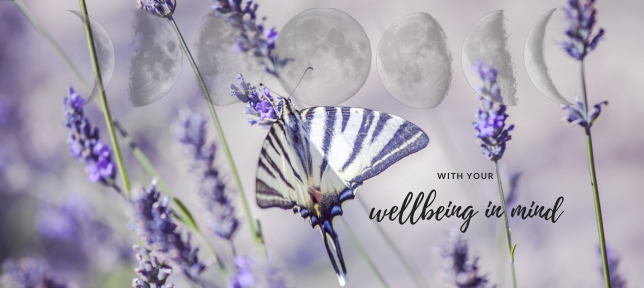
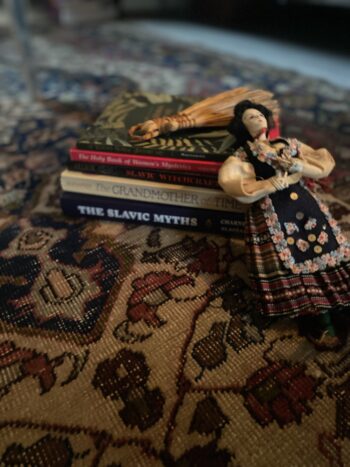
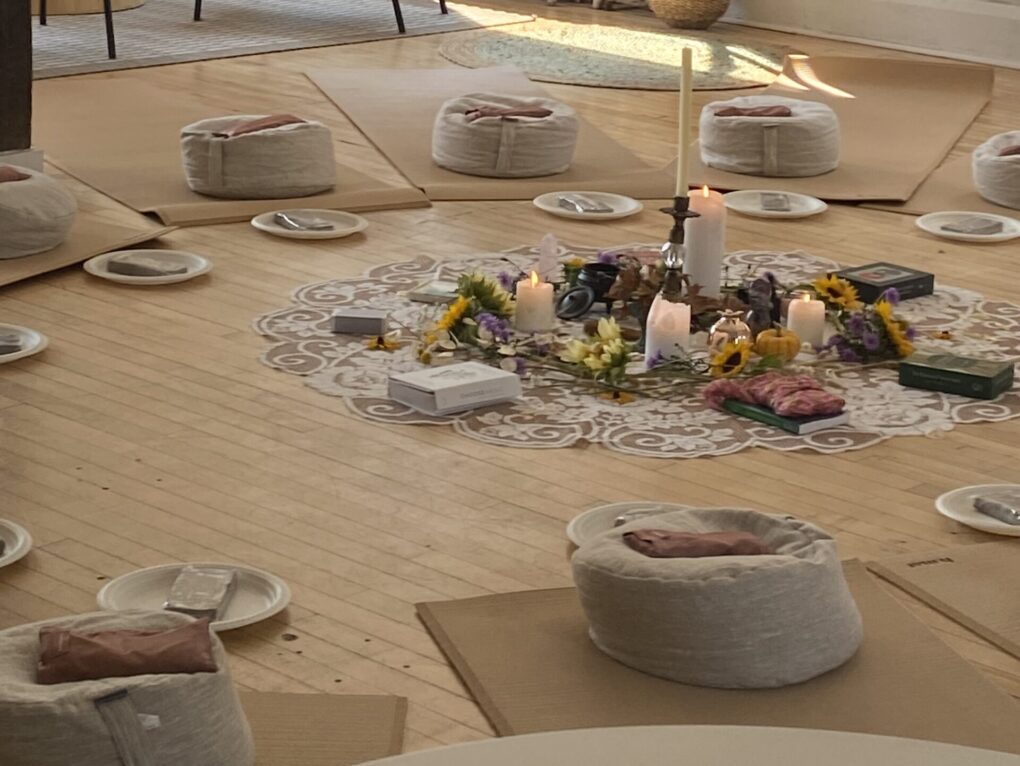
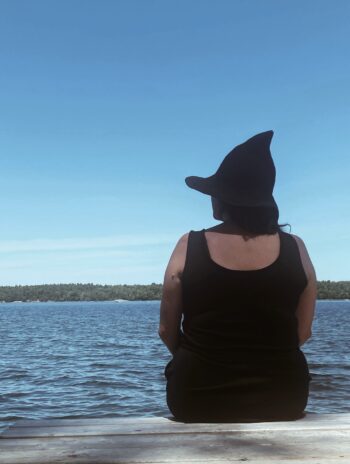 First of all, self-care isn’t about self-regulating or soothing ourselves. It’s actually about enhancing our life by giving ourselves the same care we give others. And I think it can be especially hard for those socialized as women or carers of others.
First of all, self-care isn’t about self-regulating or soothing ourselves. It’s actually about enhancing our life by giving ourselves the same care we give others. And I think it can be especially hard for those socialized as women or carers of others.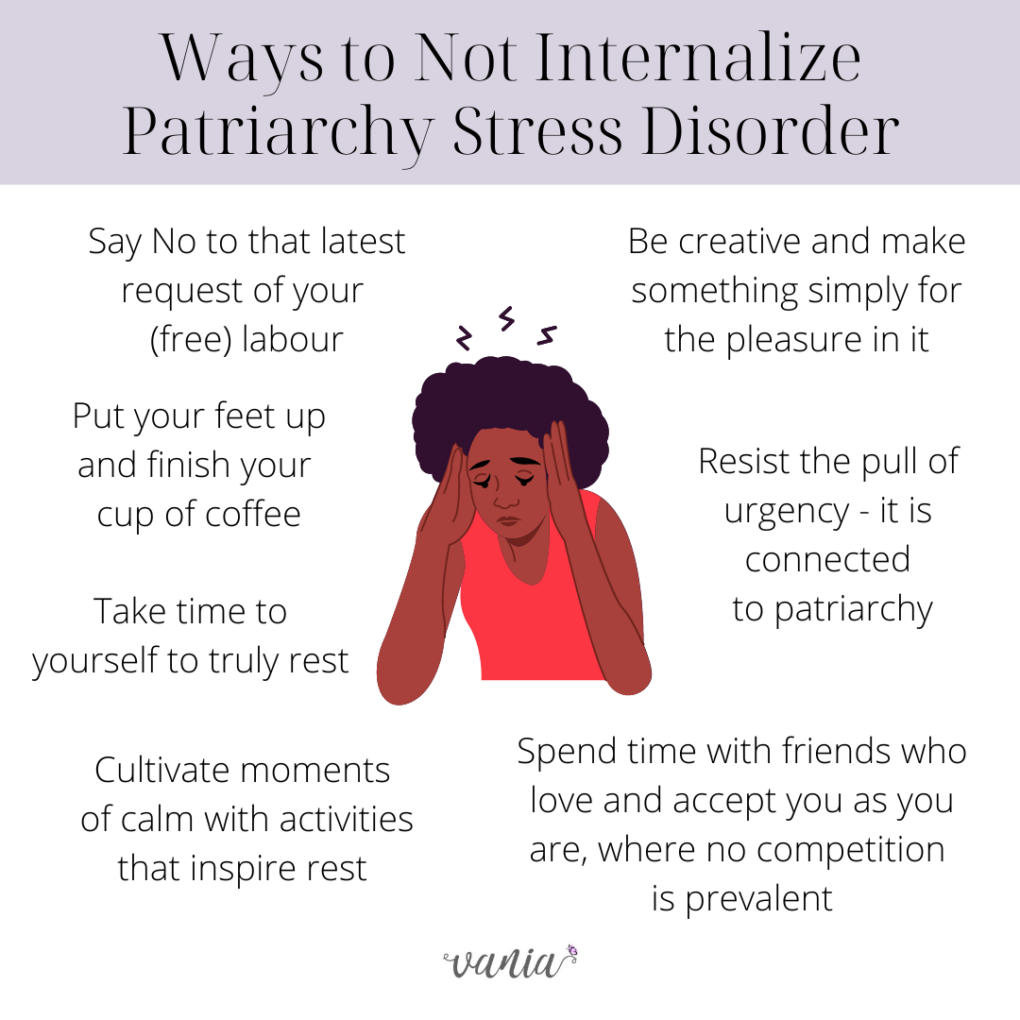
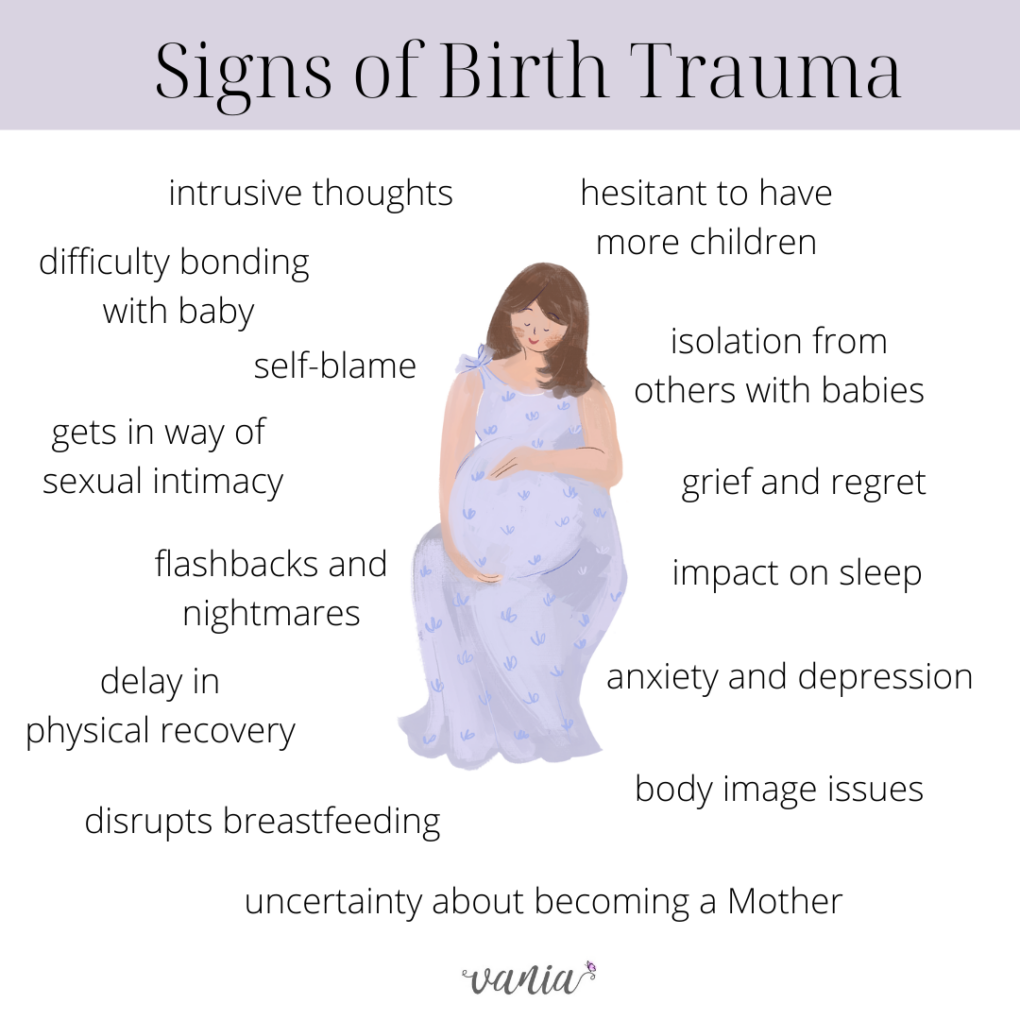 This is also why a birth that does not go according to plan, and in fact can be quite dysregulating, can also be seen as a trauma. It is the experience of something that’s overwhelming, as well as the absence of what you wanted to happen. It has emotional and psychological impacts because of the distressing childbirth experience. The emotional toll of birth trauma is vast, and can lead to a diagnosis of Post-Traumatic Stress Disorder (PTSD). Birth Trauma is different from perinatal mood challenges, and yet the symptoms are similar. So, it needs to be given the same attention and care. Like all traumas, it is up to the person who experienced it, not professionals or anyone else – it is truly in the eye of the beholder (Thanks to Cheryl Beck for this reference.)
This is also why a birth that does not go according to plan, and in fact can be quite dysregulating, can also be seen as a trauma. It is the experience of something that’s overwhelming, as well as the absence of what you wanted to happen. It has emotional and psychological impacts because of the distressing childbirth experience. The emotional toll of birth trauma is vast, and can lead to a diagnosis of Post-Traumatic Stress Disorder (PTSD). Birth Trauma is different from perinatal mood challenges, and yet the symptoms are similar. So, it needs to be given the same attention and care. Like all traumas, it is up to the person who experienced it, not professionals or anyone else – it is truly in the eye of the beholder (Thanks to Cheryl Beck for this reference.)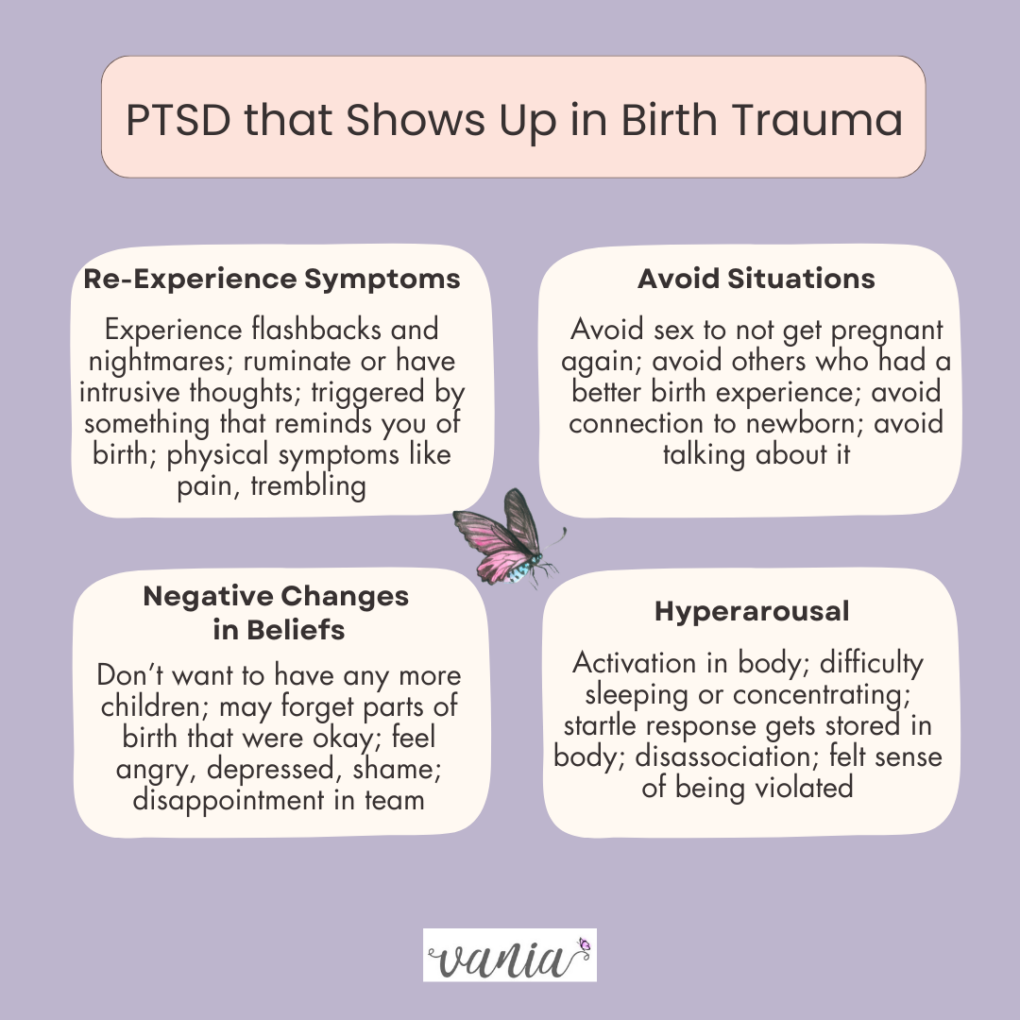 Becoming a parent is a major Rite of Passage in someone’s life. It is a type of initiatory experience. When birth trauma impacts it, the transition is harder and Integration into this new stage of life as a parent can be made more challenging. All rites of passage take time, and are in stages – Separation (i.e. no longer a Maiden); Transition and then Integration of this new role into your full. If you want to listen to a fabulous podcast episode about this, Jessie Harrold interviews Lucy Jones and
Becoming a parent is a major Rite of Passage in someone’s life. It is a type of initiatory experience. When birth trauma impacts it, the transition is harder and Integration into this new stage of life as a parent can be made more challenging. All rites of passage take time, and are in stages – Separation (i.e. no longer a Maiden); Transition and then Integration of this new role into your full. If you want to listen to a fabulous podcast episode about this, Jessie Harrold interviews Lucy Jones and 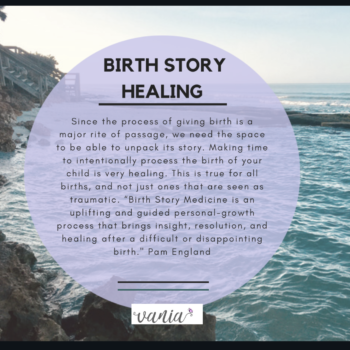 Healing can Happen
Healing can Happen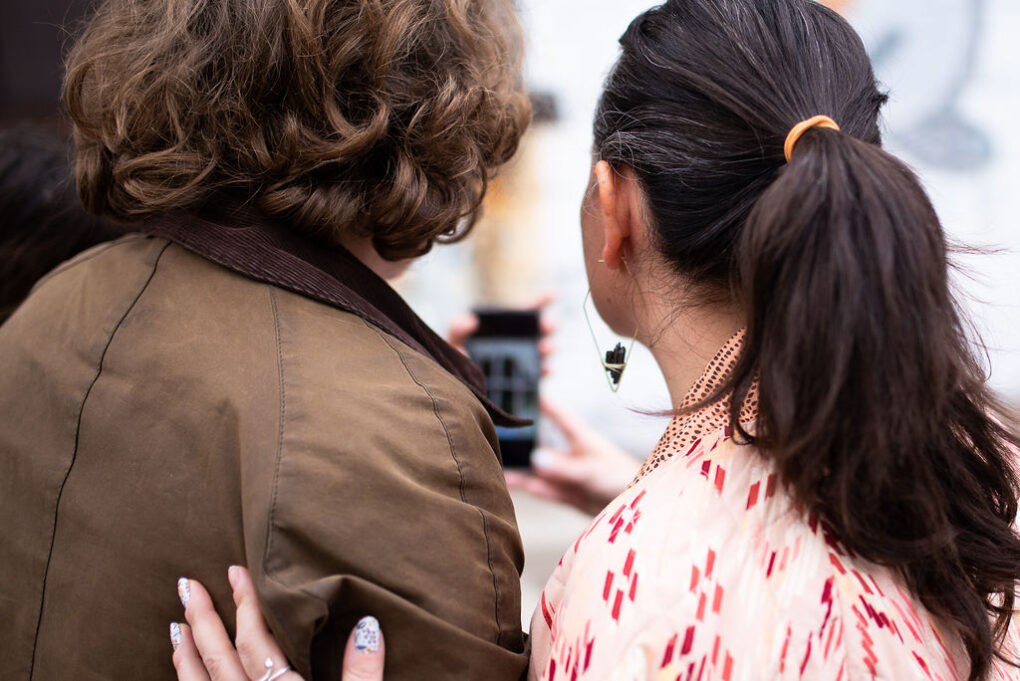 My eldest is adjusting to high school. I
My eldest is adjusting to high school. I 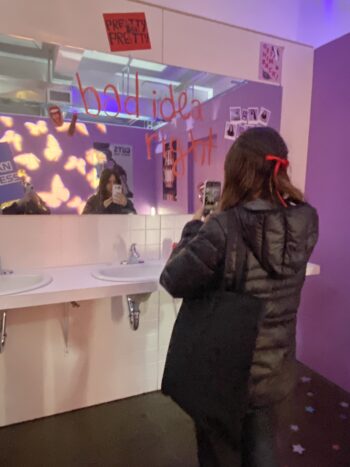 It’s been a healing, messy, and reparative process. It’s like i’m learning new magic tricks, ones that have been hidden in the dusty books at the used bookstore.
It’s been a healing, messy, and reparative process. It’s like i’m learning new magic tricks, ones that have been hidden in the dusty books at the used bookstore.